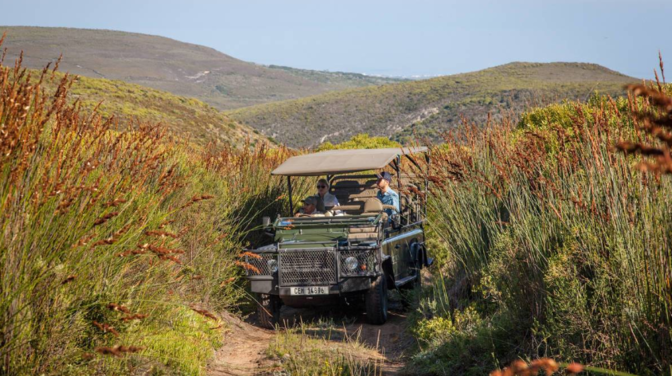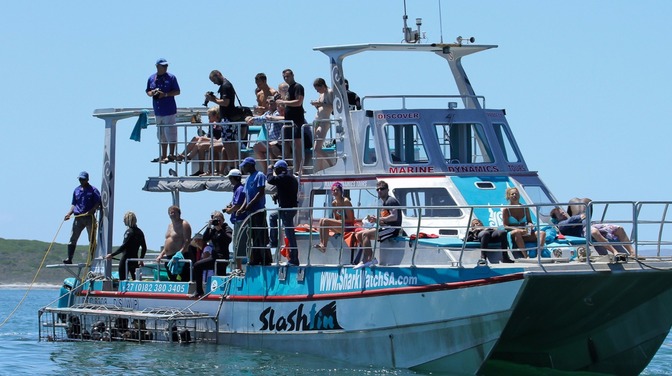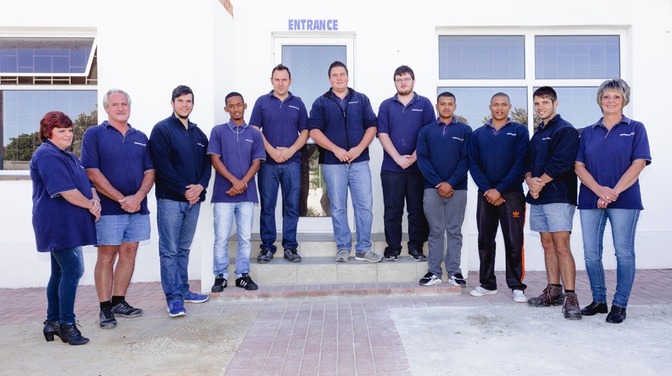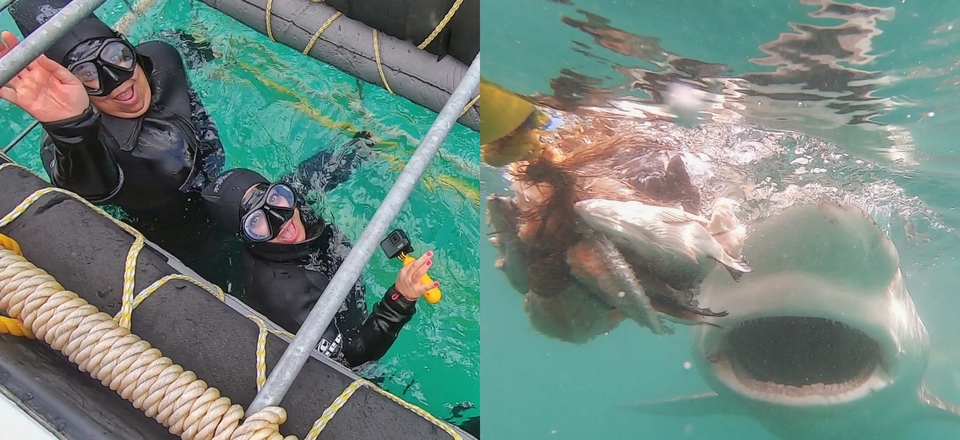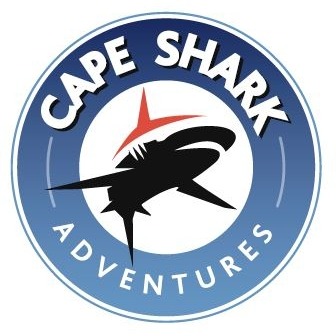Frequently Sighted Sharks: The Bronze Whaler Shark
At the moment the most frequently sighted shark is the Bronze Whaler shark, otherwise known as the Copper shark. In the cage diving industry, we call them Bronzies. They get their name from the coppery coloration of their skin. Very sadly, the Bronze Whaler sharks are still commercially fished in South Africa and are listed as near-threatened on the International Union for Conservation of Nature list.

Although Great White sharks have few natural enemies, orcas have been known to prey on them. When a Great White shark is attacked by the orcas, the sharks release a pheromone into the water which then signals to the other Great White sharks to leave the area and find safer waters.
Abalone poaching around Dyer Island has also led to an increase in kelp density in what is famously known as shark alley (the section of water between Dyer Island and Geyser Rock). Shark alley was once the hunting ground of Great White sharks that feast on the Cape Fur seals on Geyser Rock, however, due to the kelp, the sharks are now unable to swim through this section. This means that their food source has become unreliable and lies just out of reach. Despite these factors, Great White sharks do still occasionally pass by our cage, so sightings are somewhat possible!
Our cage is also sometimes visited by large Short-tailed stingrays, playful Cape Fur seals, beautiful jellyfish, and impressive seabirds. Seabirds that we see around our boat are Kelp Gulls, Subantarctic Skuas, and sometimes various species of Petrel and Albatross! Sevengill Cow sharks have also been seen on shark cage diving trips, but this is incredibly rare as they are bottom-dwelling sharks and do not come to the surface of the water very often. In the whale season (approx. June to the start of November), the chances of seeing a mother and calf Southern Right whale from the boat are pretty good! The area is also sometimes visited by Bryde’s and Humpback whales. We also have Humpback and Indo-Pacific bottlenose dolphins that sometimes make an appearance on our shark cage diving expeditions.
If you would like to stand the chance to see these sea creatures up close and personal, book your trip with Cape Shark Adventures here.

